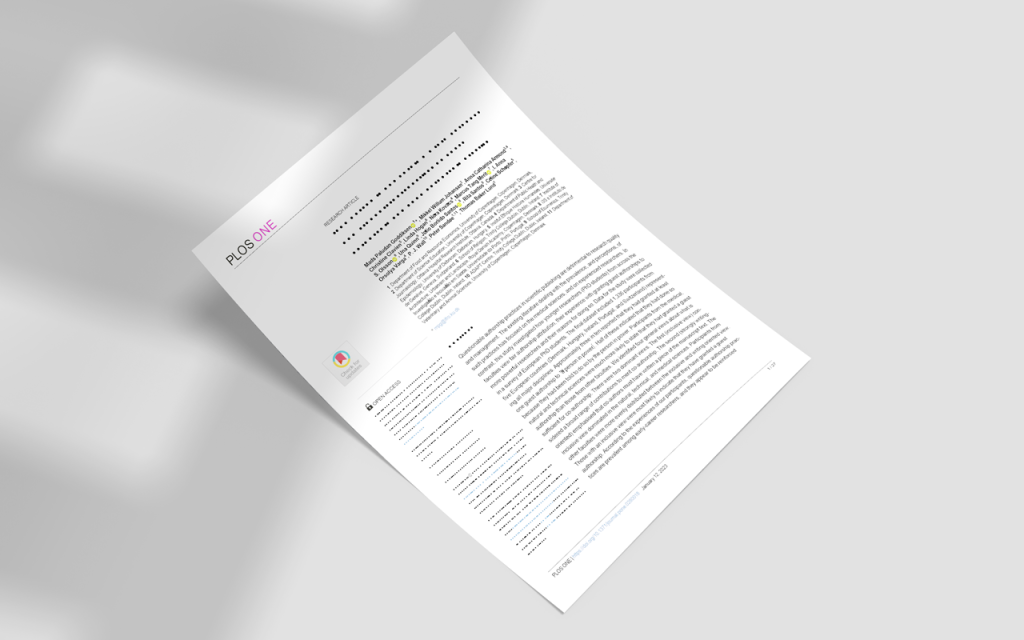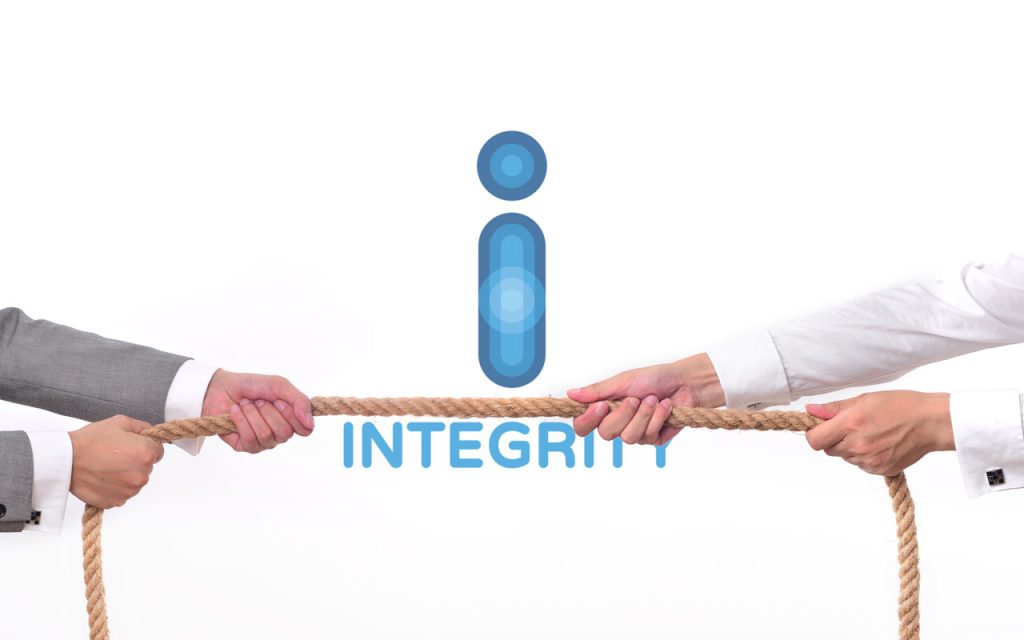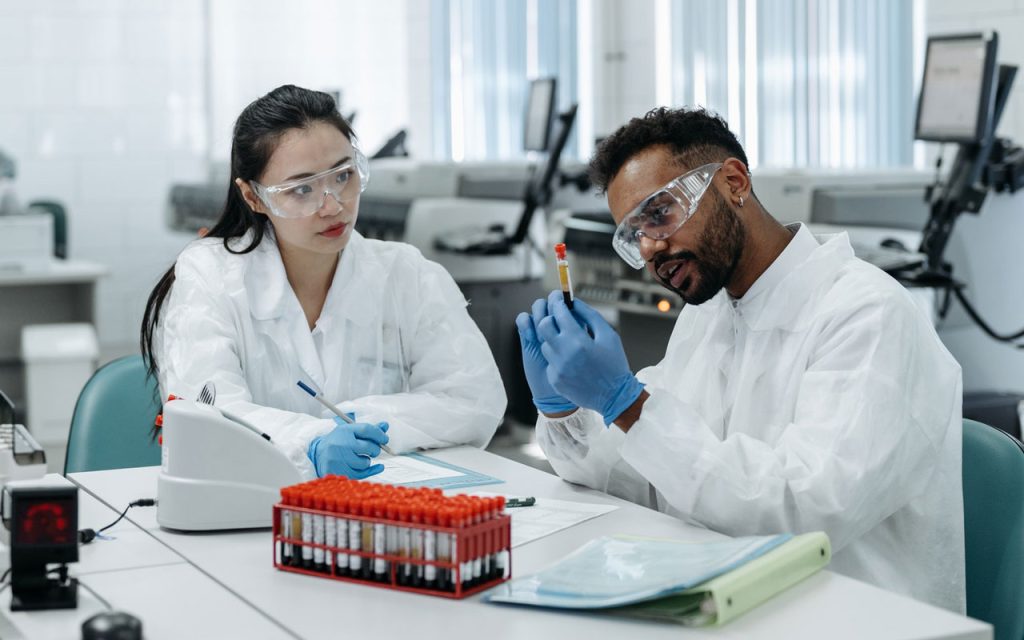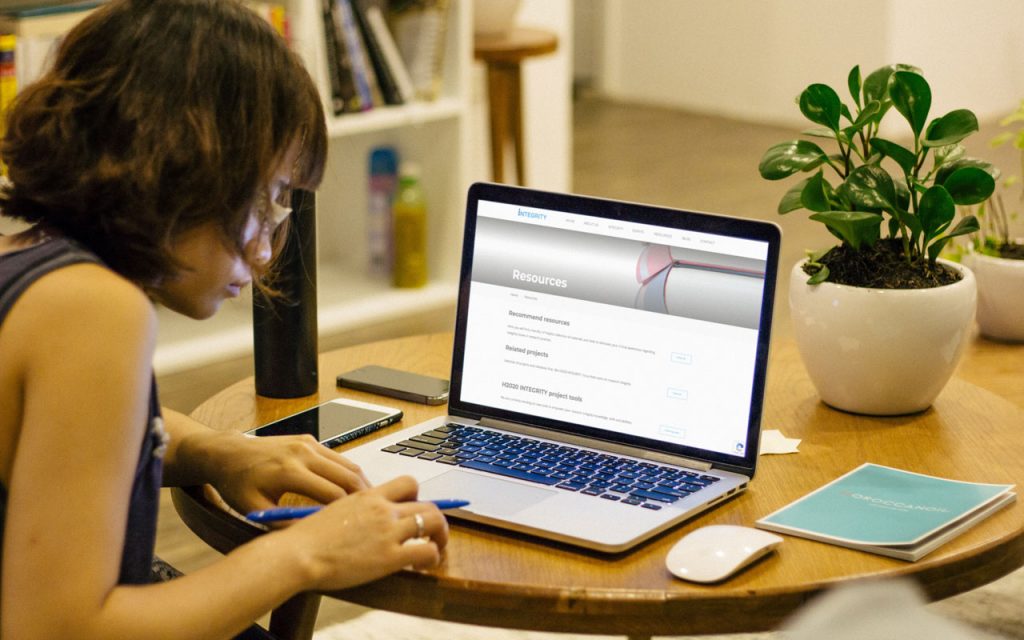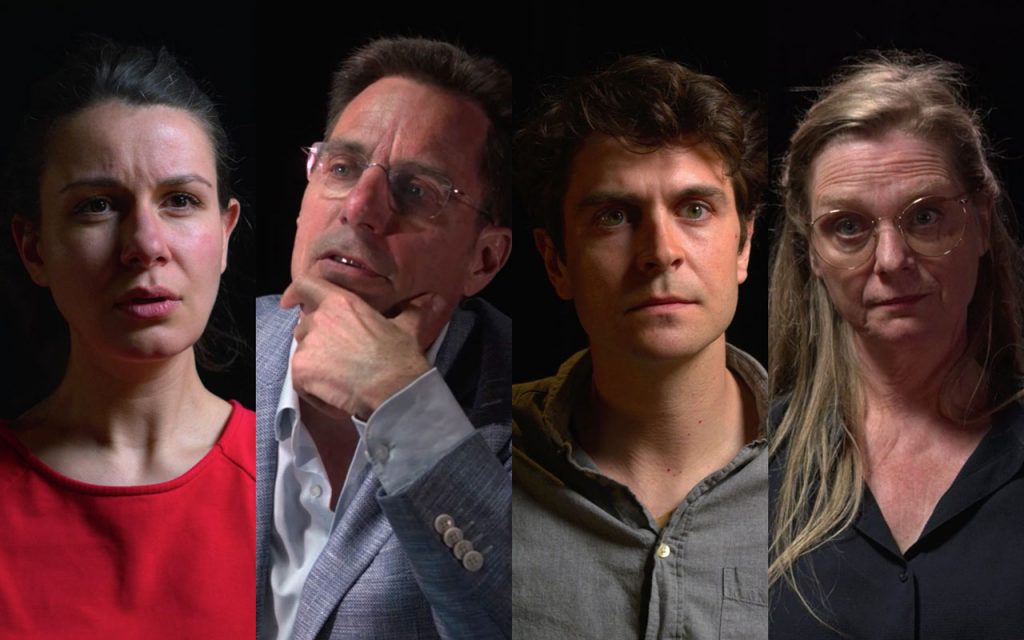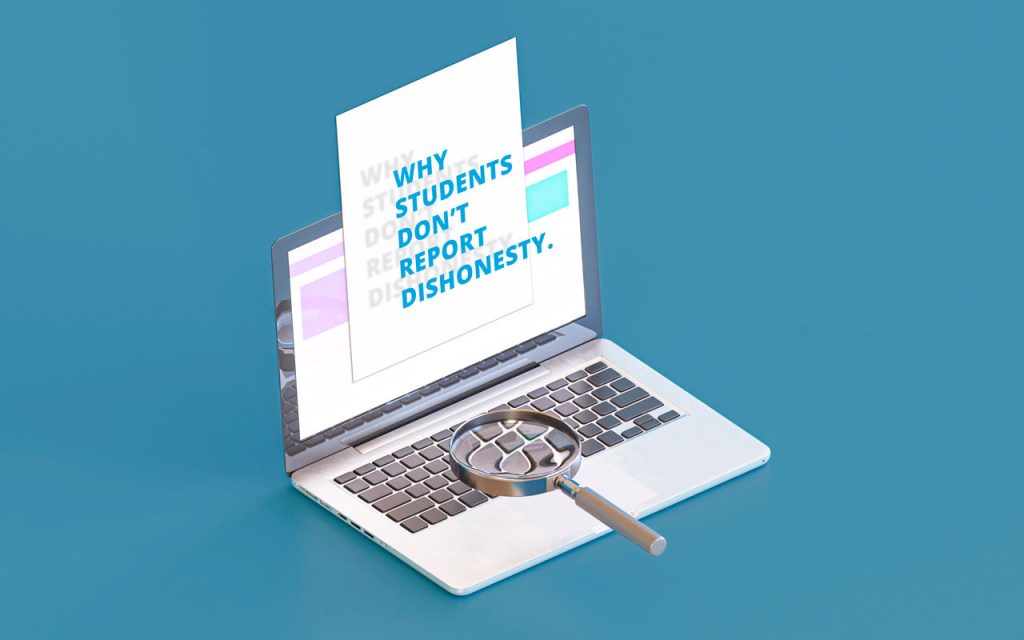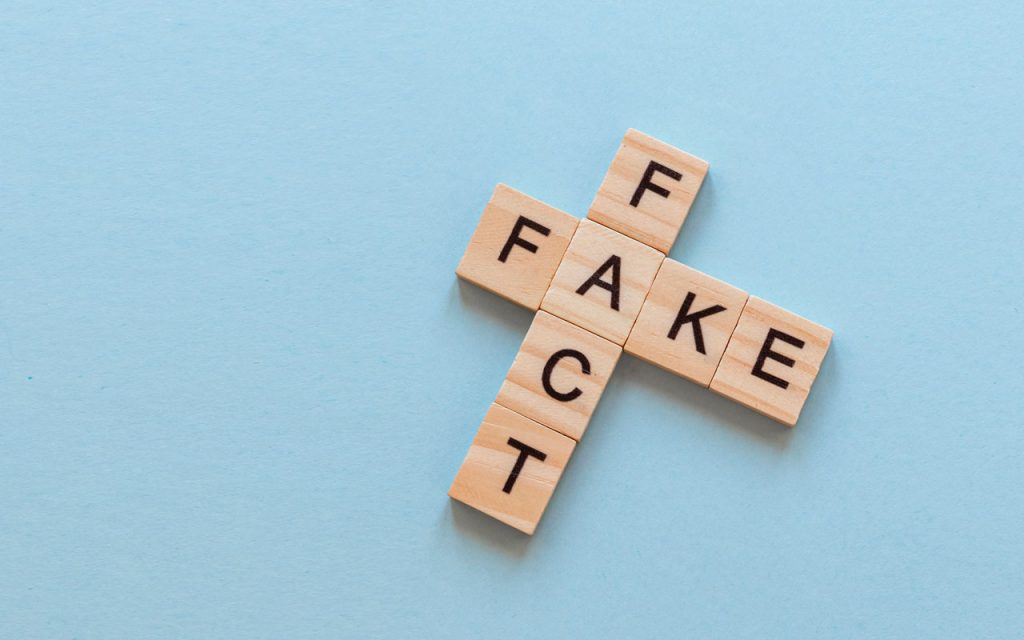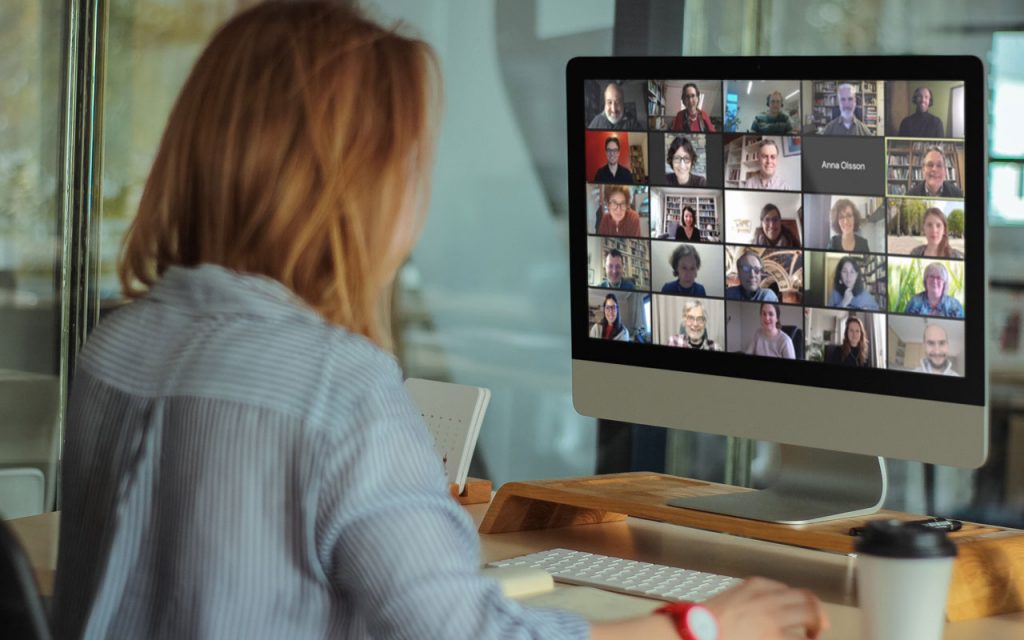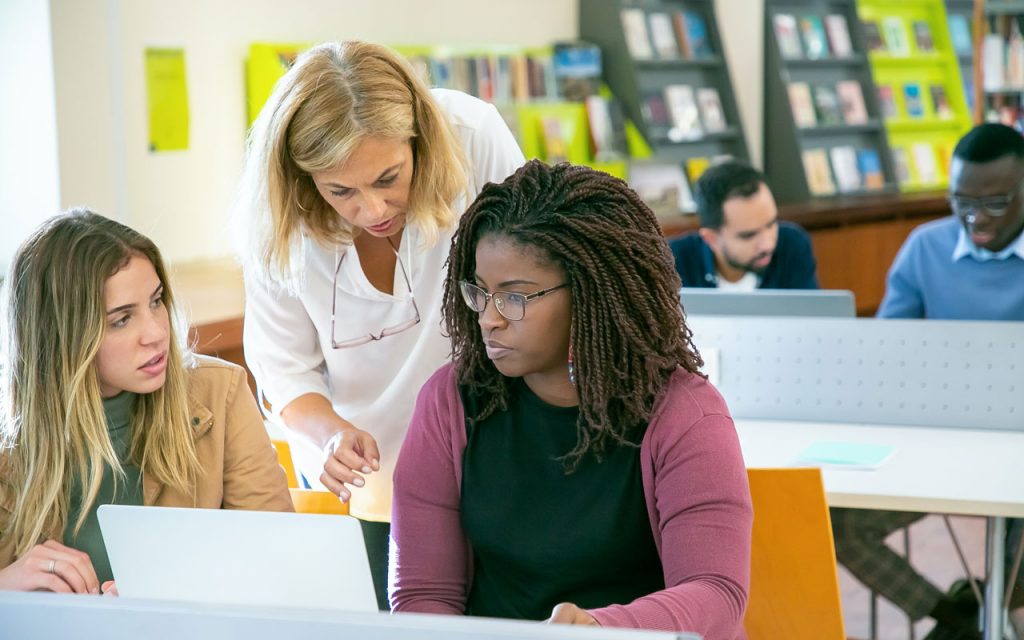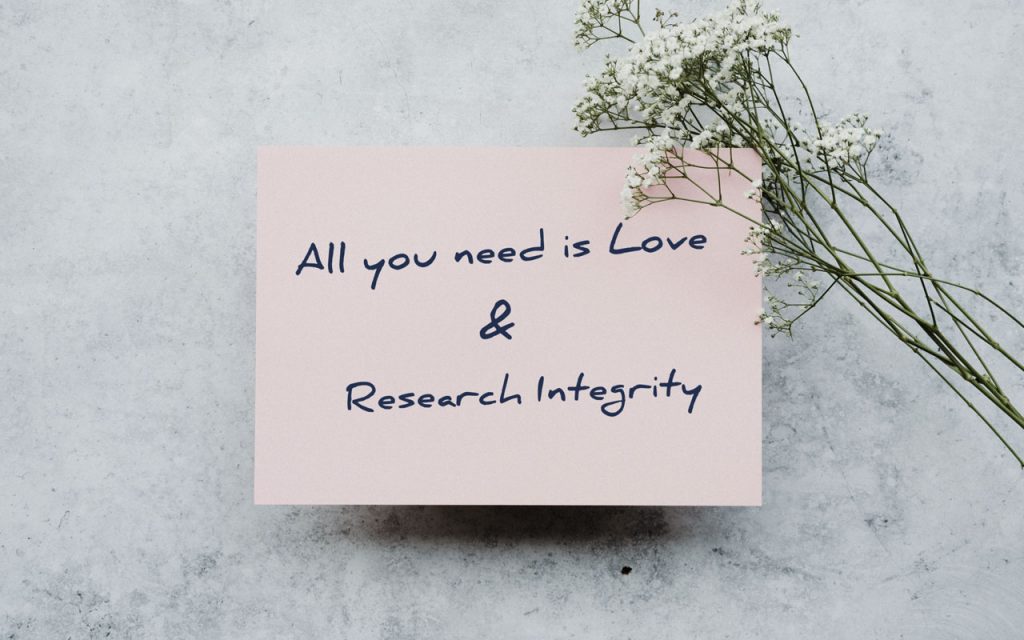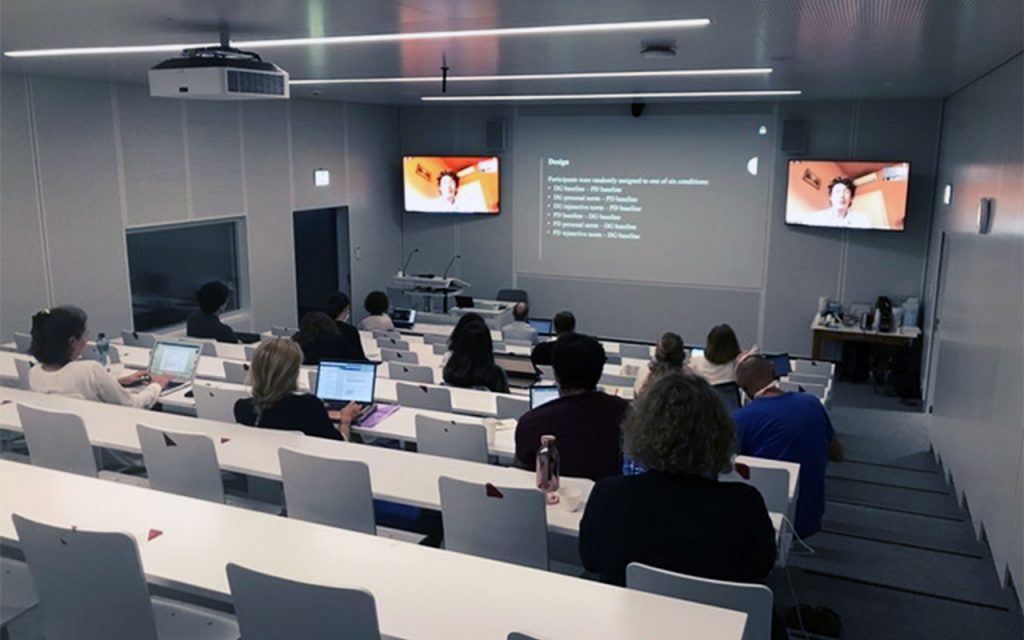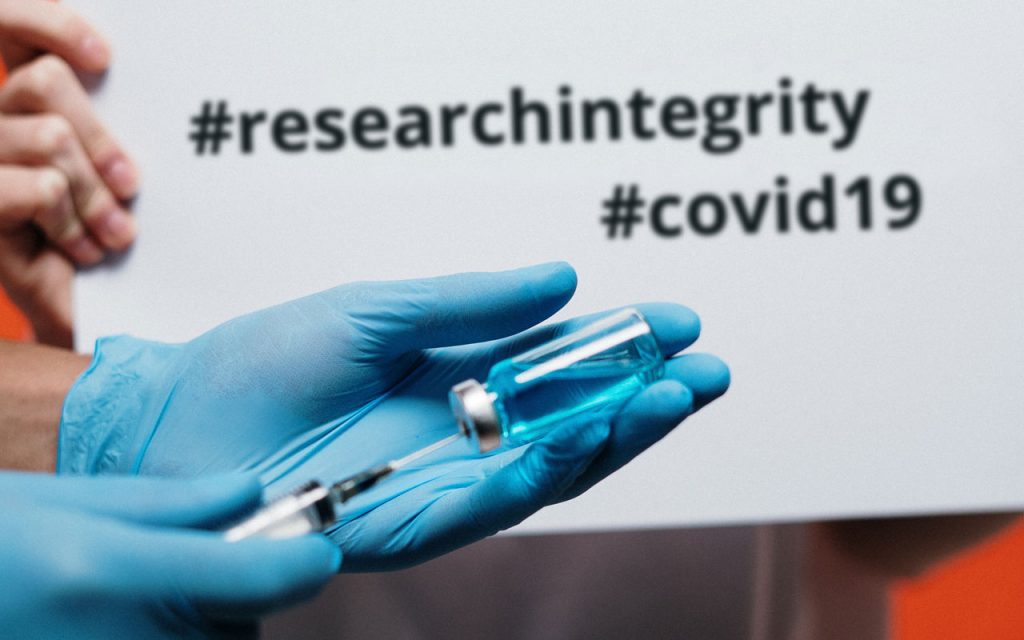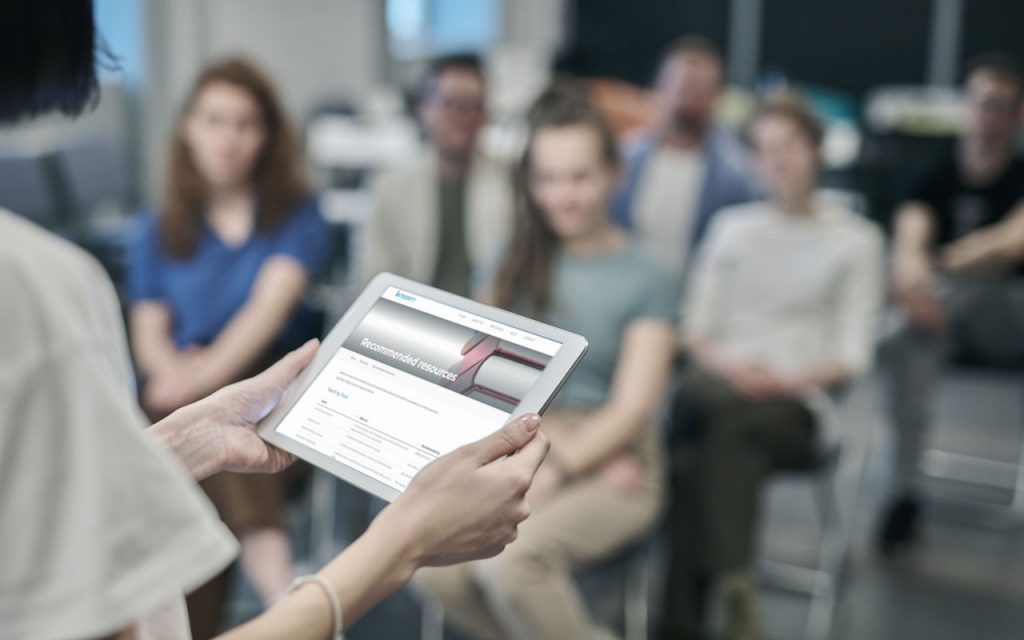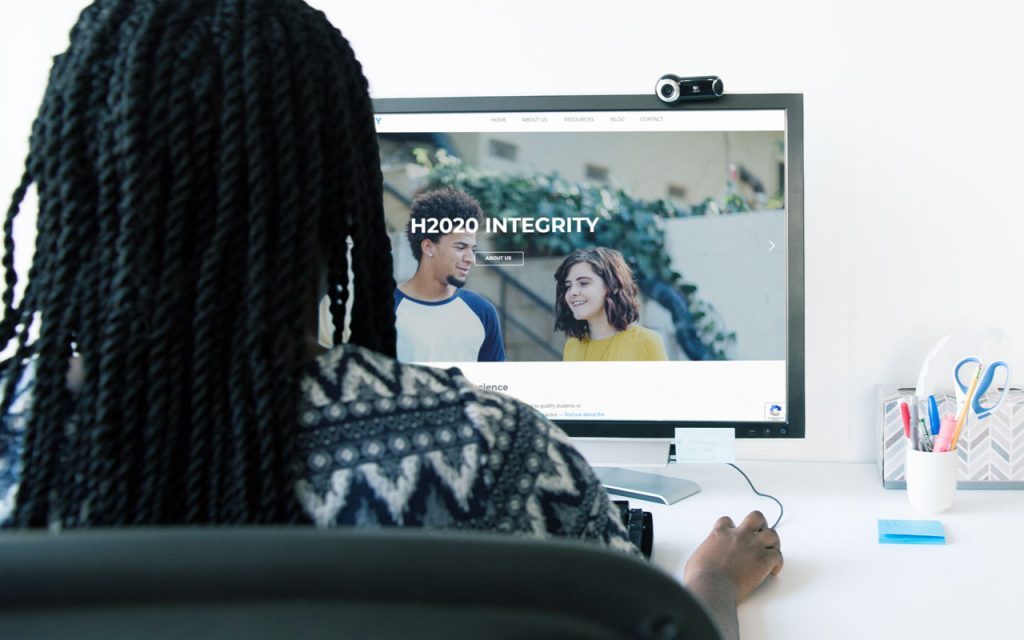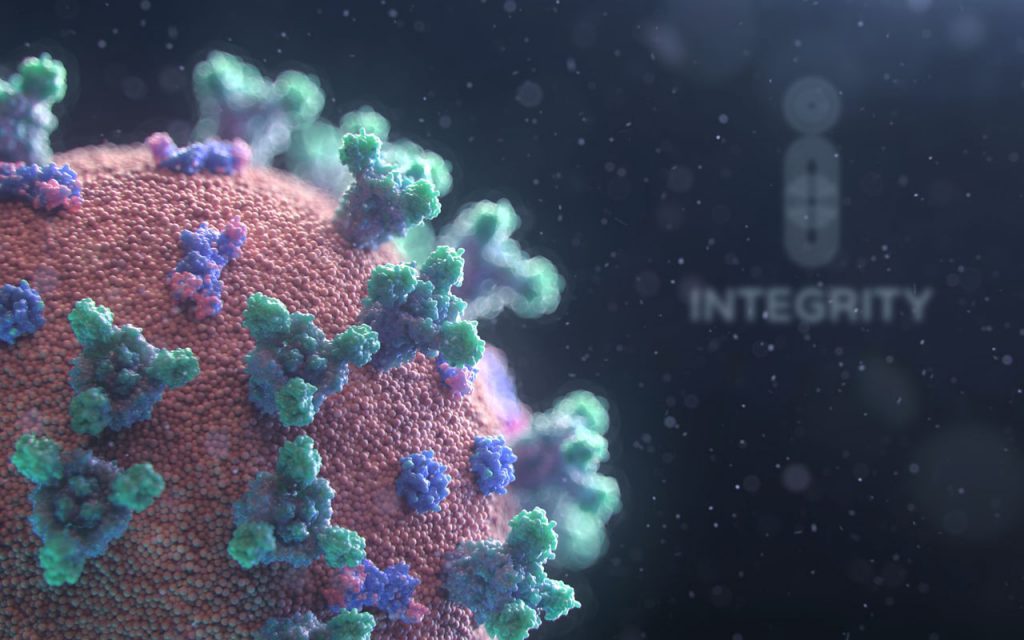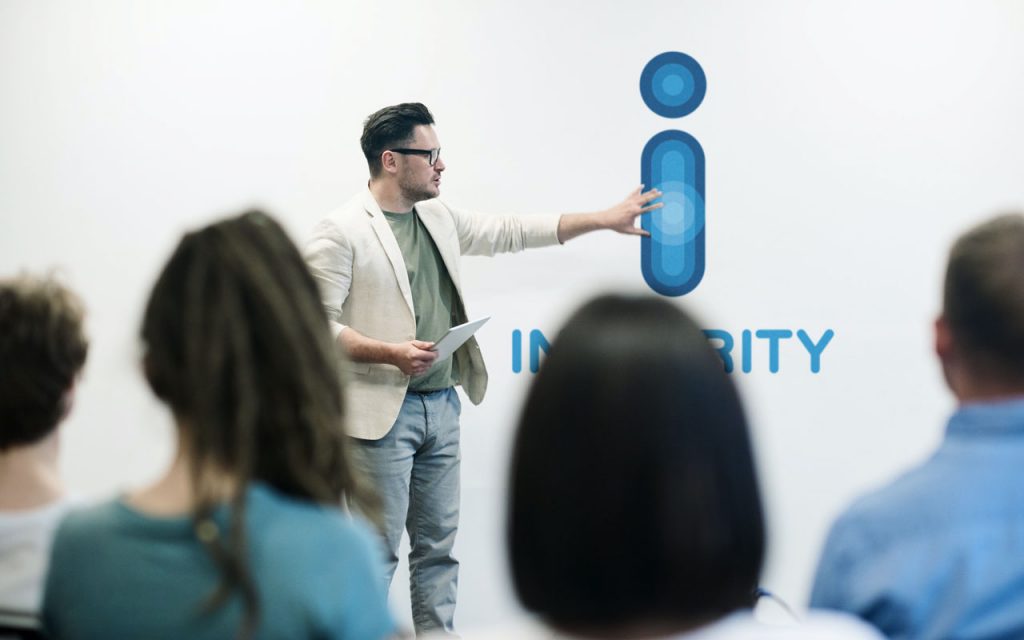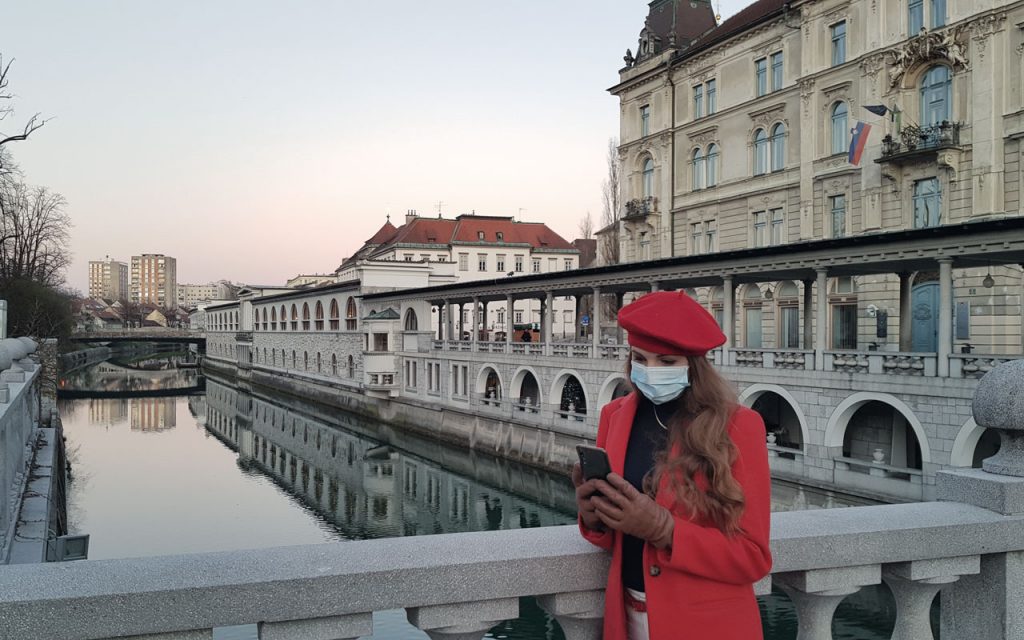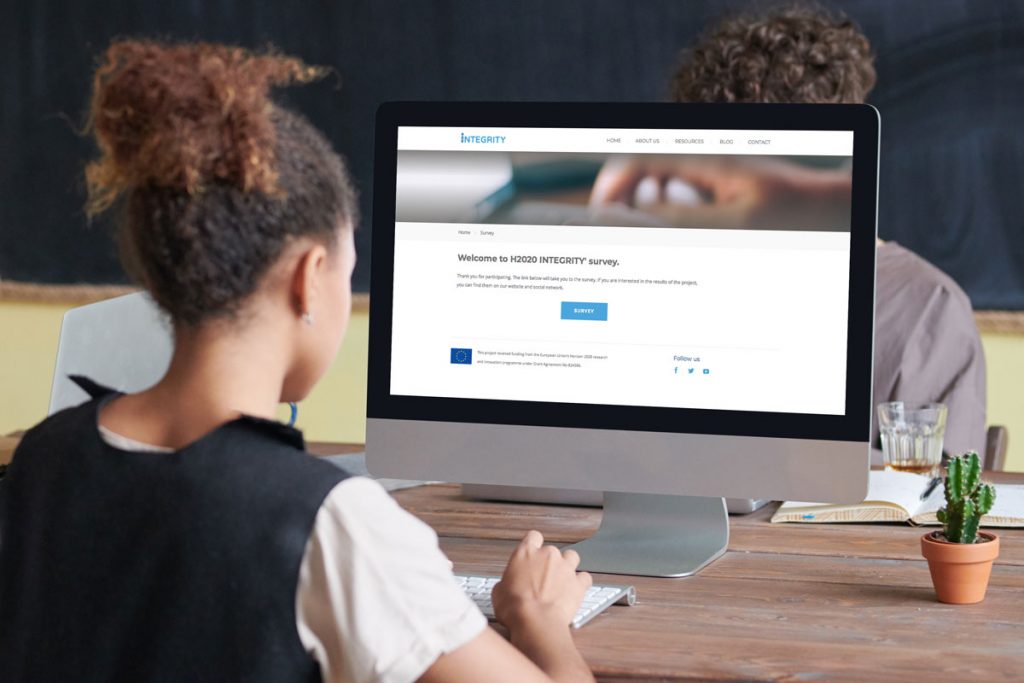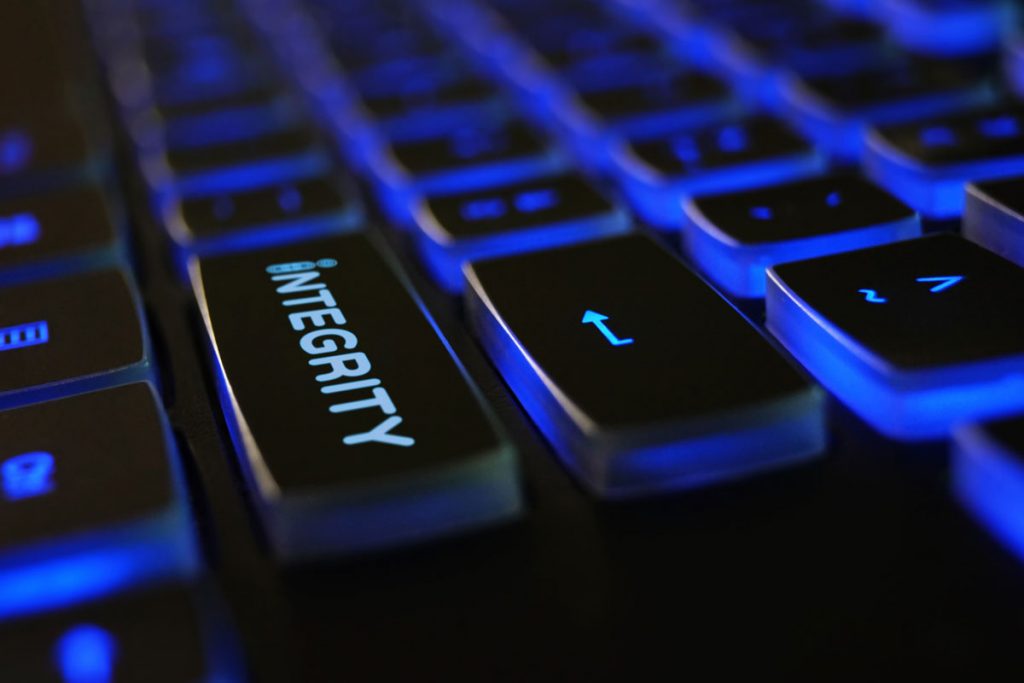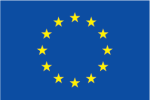In our blog you will find information and latest news about the project and some ideas and insights on research integrity.
Blog
March 7
New INTEGRITY study uncovers widespread unethical practice for assigning authorships
Conflict of interest in research is sometimes misunderstood, especially by those who believe that the mere existence of such a conflict is per se a violation of ethical principles, which is not.
READ MOREJanuary 25
Conflict of interest in research: what is it and why it matters?
Conflict of interest in research is sometimes misunderstood, especially by those who believe that the mere existence of such a conflict is per se a violation of ethical principles, which is not.
READ MOREJanuary 11
Integrity Games: Empowering students with a gamified learning tool.
Integrity Games is the new teaching tool aimed at undergraduate university students across the faculties.
READ MOREDecember 28
Bad news for reproducibility in Cancer biology.
The Reproducibility Project: Cancer Biology is the first of its kind in bio-medical fields which results points towards the need for major reforms in Cancer biology.
READ MORENovember 9
Designing a MOOC aimed to empower.
Elevate Health is currently designing a Massive Open Online Course (MOOC), a free open access course with no limit of participants.
READ MOREOctober 21
Diner Pensant – tasteful conversations to empower good practices in science.
On October 14, 2021, the Diner Pensant brought together academics and researchers to debate common integrity dilemmas.
READ MOREOctober 1
Research Integrity and practice of Open Science.
How can Open Science Policy and Research Integrity strengthen each other and what are the challenges they face?
READ MORESeptember 13
GCR – Grateful Conduct in Research.
When gratitude and integrity are intimately connected, we express our own dignity by respecting the dignity of others.
READ MORESeptember 2
How to engage students in online integrity courses.
Is there a solution to prevent students from becoming inactive and dropping out of online integrity courses?
READ MOREAugust 23
Why students don’t report dishonesty.
We all have an obligation to fight dishonesty, however, students are very reluctant to report peer dishonesty.
READ MOREAugust 11
New paradigms on Research Integrity.
Most of the initiatives on Research Integrity are developed in the context of high-income countries. That’s why the World Conference on Research Integrity is expanding the discussions to the contexts of low and middle-income countries.
READ MOREJuly 12
Teaching research integrity in the age of fake news.
Should teaching research integrity constitute a new basis for improving collective knowledge and the ability to detect and criticize received information?
READ MOREJuly 2
Why does scientific misconduct occur?
What strange attraction leads scientists to act in a way that so openly contradicts the central goal of the scientific enterprise?
READ MOREJune 16
Co-creation with high school students: developing materials for teaching Research Integrity.
Science Gallery Dublin and Trinity College Dublin ran a programme with high school students designed to test the tools developed to date under INTEGRITY work package 4.
READ MOREJune 4
Too many cooks spoil the soup.
Fraud and manipulation, challenges with big data and the decline of science. None of this is new. These issues were already on the agenda in the UK in the 1830s.
READ MOREMay 7
Testing the INTEGRITY teaching modules with high school students.
Irish high school students tested and provided key feedback about the INTEGRITY teaching modules about academic integrity and responsible conduct in research.
READ MOREApril 9
Evaluation, evaluation, evaluation?
Elevate Health has completed the pilot phase of the three SPOCs and several assignments were revised for the next official run.
READ MOREApril 1
Publication bias – understanding statistical significance.
Why is scientific research with negative results less likely to be published than research with positive results?
READ MOREMarch 12
Research ethics and integrity in humanities.
What is often absent from the considerations of research ethics and research integrity is the question about the ethical acceptability of the subject.
READ MOREMarch 3
Do male and female researchers behave differently and have different attitudes regarding integrity issues? That is the question*.
Is there enough data to support the idea that gender differences are relevant regarding research integrity?
READ MOREFebruary 17
An alarming facet of ghostwriting: the contract cheating.
Violations of academic integrity by students vary widely, and one emerging problem is called ‘contract cheating’.
READ MOREFebruary 9
The importance of interdisciplinarity for scientific progress.
Is the promotion of interdisciplinary research a way to uproot traditional biases and suboptimal research methods on scientific integrity?
READ MOREFebruary 4
INTEGRITY Consortium Annual e-Meeting.
The 3rd INTEGRITY Annual Consortium Meeting was held in January 2021 as a fully online event, where the latest developments were presented.
READ MOREJanuary 27
Teaching Research Integrity to High School Students.
INTEGRITY consortium partners have team up to develop tailor-made and innovative tools for the high school student cohort.
READ MOREDecember 29
Case discussions are not the gold standard of Research Integrity training.
Check out this sneak preview of a major findings from a systematic review on education for a responsible conduct of research (RCR).
READ MORENovember 20
Why teach Integrity to High School Students?
Can critical reflection and focus group discussions be the answer to effectively empower young students into responsible academic and research practices?
READ MOREOctober 30
Peer-review crisis: reviewer fatigue.
For decades, researchers have relied on data from peer-reviewed journals, but peer review is now facing a human resources crisis.
READ MOREOctober 28
Integrity Thursdays with Utrecht University
How do we learn to speak more openly about integrity? Join this debate at Integrity Thursdays promoted by Utrecth University.
READ MOREOctober 21
Finding the perfect balance: the design of an online course.
Here's an interesting question to ask yourself when you have plans for developing course materials: who came first, the teacher or the learner?
READ MOREOctober 8
Challenging times ahead.
By adopting Responsible Conduct in Research we acknowledge the hard work of others. So, what’s love got to do with RCR?
READ MORESeptember 21
INTEGRATHON workshop.
The University of Geneva provided the INTEGRATHON workshop to develop soft incentives (nudges) to promote scientific integrity.
READ MORESeptember 7
Online education in Responsible Conduct in Research
The Covid-19 pandemic has promoted the development of creative and inspiring ways of teaching. Small Private Online Courses can be the answer.
READ MOREAugust 24
Research integrity amid the COVID-19 pandemic.
The COVID-19 pandemic has extremely affected the scientific community and shifted the paradigm of how research is disseminated.
READ MOREAugust 13
Gently push people to act in a more prosocial way.
How to improve moral decision-making and promote a prosocial action instead of an individualistic or selfish behavior?
READ MOREAugust 6
Dealing with anomalous data.
Can research integrity be taught through simples rules, pointing out particular actions that are not allowed?
READ MOREJuly 6
Engaging with the concept of empowerment.
Key to any work involving research integrity is to “empower (future) researchers instead of floating them in a corner of misconduct”.
READ MOREJune 19
What to do if students are not interested in research integrity?
How to gain participants’ interest in research integrity courses, if they lack the intrinsic motivation to learn about this topic in the first place?
READ MOREJune 5
i3S, a showcase on RI training. An experience from an observer’s perspective.
The Research Ethics | Integrity: hands-on seminars at i3S provided key insights on the needs to implement training at Research Integrity to all levels of the research career.
READ MOREMay 29
Feeling at home in an online environment.
The qualities of e-moderators are key to the success of online training courses, creating a trusting online environment, where students feel confident to speak and share their thought.
READ MOREMay 22
Beware of predatory journals.
With such a high supply of academic journals how to distinguish between journals that are worthy of attention and those which are better to avoid?
READ MOREMay 11
Covid-19 and INTEGRITY.
The impact of Covid-19 is challenging the integrity of research. So how important is scientific rigour during a public health crisis?
READ MOREMay 4
Developing educational material on supervision and mentoring to stimulate RCR.
Educational materials on supervision and mentoring are key to promote transparency in the entire research process, communication among researchers, and to avoid conflicts.
READ MOREApril 17
Integrity in the time of the coronavirus pandemic.
How has coronavirus pandemic changed the lives of students and teachers?
READ MOREMarch 25
Integrity in the meat grinder.
How can researchers collaborate with partners outside the university while still preserving the integrity of science?
READ MOREMarch 11
Bottom-up initiatives for fostering research integrity.
Young researchers and students are on the frontline to have an open dialogue in a safe environment to discuss day-to-day integrity issues.
READ MOREMarch 2
So… I am not the only one?
The use of examples of bad practice is necessary, but are these the only examples to teach integrity to young researchers?
READ MOREFebruary 27
First year disseminating the project.
During the first 12 months, H2020 INTEGRITY was showcased through public presentations and outreach events to raise awareness of the project.
READ MOREFebruary 14
Kick-off of the European Survey Study on Students’ perceptions and needs of Research Integrity.
The H2020 INTEGRITY Project launched an online survey in nine European countries focused on students at high school, bachelor and PhD.
READ MOREJanuary 31
2nd Consortium Annual Meeting.
On the 29th to 30th of January 2020 the H2020 INTEGRITY consortium conducted its 2nd Consortium Annual Meeting in Vilnius, Lithuania.
READ MOREJanuary 21
Ethics, Technology and International Development: the case for a critical realist philosophical approach.
Technology is ubiquitous in even the most far-flung corners of the planet. This will result in significant changes to the way we live, learn, and work.
READ MOREJanuary 7
How is research integrity being taught in Europe?
In an attempt to answer this question, the team at University of Zurich conducted an online survey targeting scholars teaching research integrity.
READ MOREDecember 19
The urge for integrity in PhD training.
From the moment students start their PhD, decision-making becomes a daily part of the journey, where training in research integrity is critical.
READ MOREDecember 5
Entering the grey-zones.
Is the mishandling of data inevitable, a result of students’ ignorance or created by teachers and institutional structures?
READ MORENovember 18
“Grey” areas of research integrity and colors of honorary authorship.
What impact does the so-called "honorary" or "undeserved" authorship in research integrity?
READ MORENovember 5
What would you do? Possibilities of online teaching tools in developing an integrity compass.
Is the online teaching able to give students the tools they need to be aware of research integrity?
READ MOREOctober 22
Ethics Education and Research Integrity.
Early ethics education is key to foster a culture of research integrity and responsible research later on in the careers of researchers.
READ MOREOctober 7
Teaching integrity: the take home message should be empowerment.
How one empowers students on research integrity if there are not correct answers to its issues?
READ MORESeptember 24
A need for research integrity at the University of Debrecen.
Are courses and workshops enough to address research misconduct in academia?
READ MORESeptember 19
Nudging toward integrity.
Is it possible to have an impact on people’s motivation to behave in a certain way?
READ MOREJuly 31
Trustworthy Artificial Intelligence: does Research Integrity have a role to play?
What can we do to prepare students for these new contexts in which issues of ethics and research integrity confront artificial intelligence?
READ MOREJuly 29
Teaching bioethics is not enough.
Medical students also need to receive instruction in research integrity.
READ MOREJuly 2
How does one teach Research Integrity?
The juicy scandals, the rising star scientists turned villains – is that the story about research integrity?
READ MOREFebruary 18
Integrity project kickoff meeting.
On the 13th to 14th of February the INTEGRITY consortium conducted its kickoff meeting Utrecht, Netherlands.
READ MOREThis project received funding from the European Union’s Horizon 2020 research and innovation programme under Grant Agreement No 824586. The European Commission’s support for the production of this material does not constitute an endorsement of the contents, which reflect the views only of the authors, and the Commission cannot be held responsible for any use which may be made of the information contained therein.

